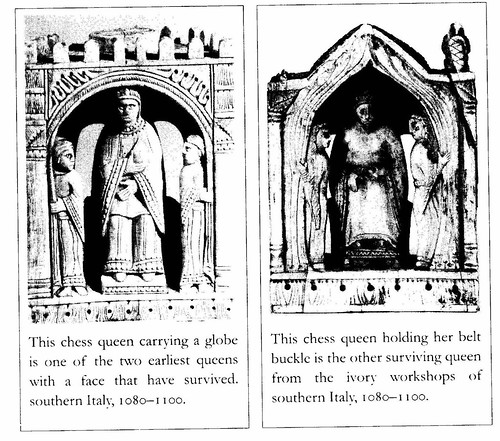From Early Modern Notes, described as a “meme with a difference”:
1. Grab the nearest book.
2. Open the book to page 123.
3. Find the fifth sentence.
4. Post the text of the sentence in your journal along with these instructions.
5. Don’t search around and look for the “coolest†book you can find. Do what’s actually next to you.
So I did: from Diary of Mrs Kitty Trevylyan: A Story of the Times of Whitefield and the Wesleys, 1866: I’ve bolded the relevant sentence but left in those around it for context.
“This morning two gentlemen who were calling on papa were lamenting the degeneracy of the times.
One was an old general, and he said —
“We have no heroes now — not a great soldier left. Since Marlborough died, not an Englishman has appreared who is fit to be more than a general of a a division ….
“My great-uncle, a Fellow of Brazennose, took up the wail. ‘No indeed he said; the ages of gold and iron and brass are over; the golden days of Elizabeth and Shakespeare, and the scattered Armada; the iron of the Revolution (for rough as they were, these men were iron; the brass of the Restoration ; and now we have nothing to do but beat out the dust and shavings into tinsel and wire.”
“We have plenty of wood at least for gallows,” interposed my brother Harry. “Cartloads of men are taken every week to Tyburn. I saw one myself yesterday,”
“For what crimes?” asked the general.
“One for stealing a few yards of ribbon; another for forging a draught for £50,” replied Harry.
“Ah,” sighed the general, “we have not even energy left to commit great crimes!”
Oddly enough, Sharon also managed to get to a hanging, or at least a sentence therefor.
Perhaps others can find something more cheerful, although this passage does make me think about something universal in human nature – the memories of the “good old days”.


 About
About